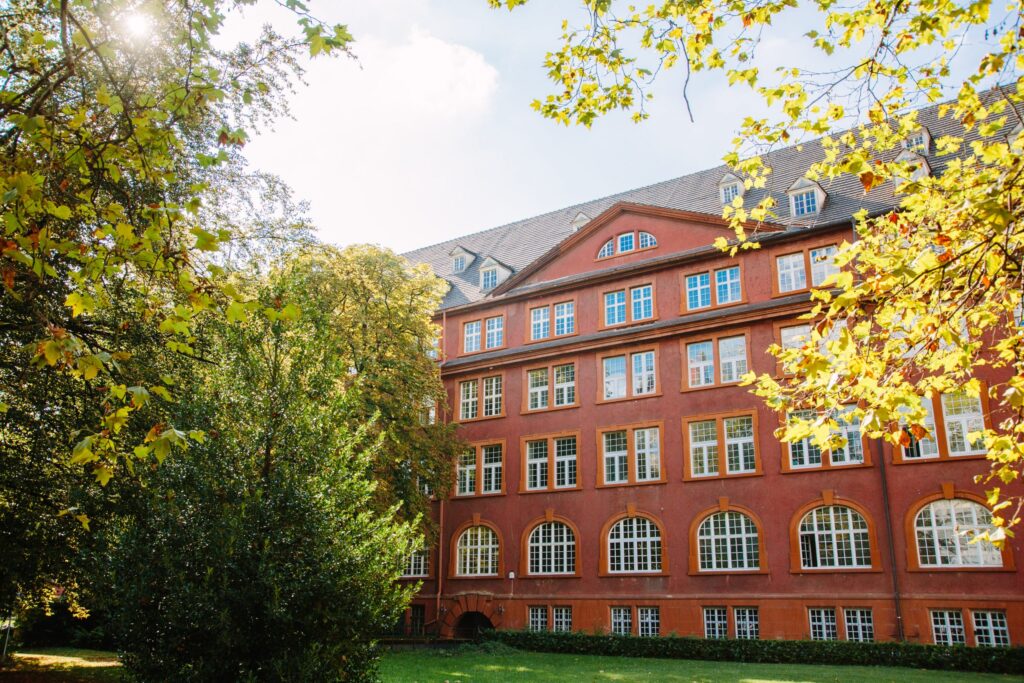Sustainability in Research
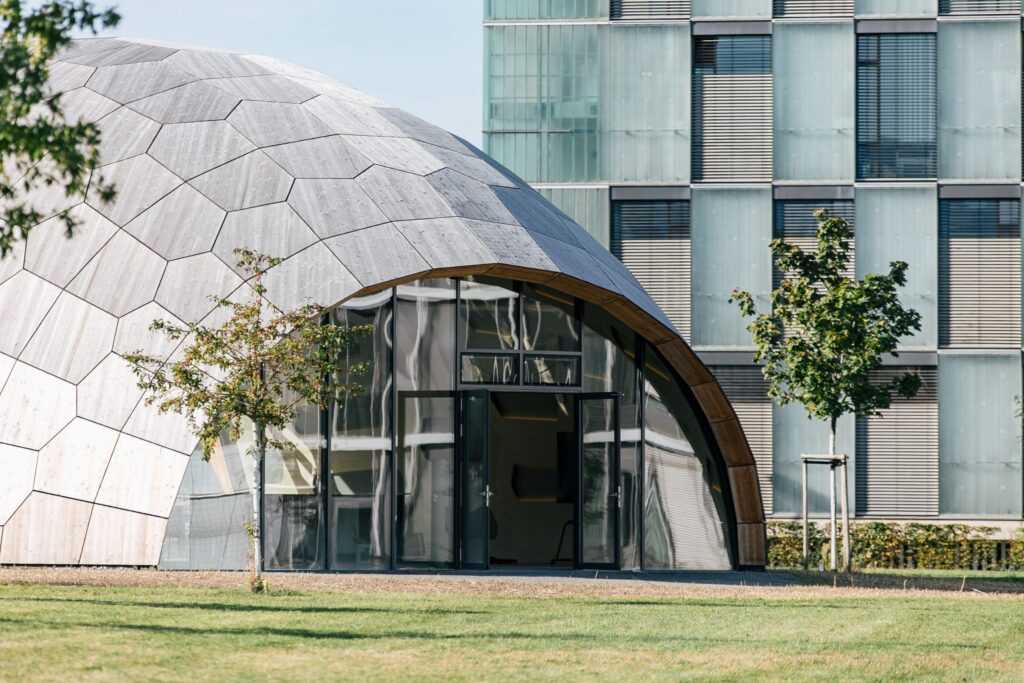
The University of Freiburg is one of the most research-intensive institutions for sustainability research in Germany, with steadily increasing international visibility. This is reflected in our performance in the areas of publications and third-party funding, particularly in relation to the sustainable development goals (SDGs) “good health and well-being” (goal 3), “sustainable cities and communities” (goal 11), “climate action” (goal 13), and “life on land” (goal 15).
Sustainability is firmly embedded in the University of Freiburg’s research profile with the key research area ‘Pathways to Sustainability’.
Sustainability research at the University of Freiburg is innovative, interdisciplinary, and international. It reflects the university’s broad understanding of the topic, in which the social, economic, and ecological aspects of sustainability are inextricably linked.
The Young Academy for Sustainability Research, for example, has been bringing together international postdocs from different disciplines in a novel format since its founding in 2021.
The Environmental Humanities initiative, launched on the basis of a FRIAS research focus on interdisciplinary resilience research, is devoted to sustainability issues from a humanities and social sciences perspective.
The new research group Transformational Sustainability Science aims to further develop transformative sustainability science in teaching and research. To this end, it develops methodological foundations and engages in empirical research.
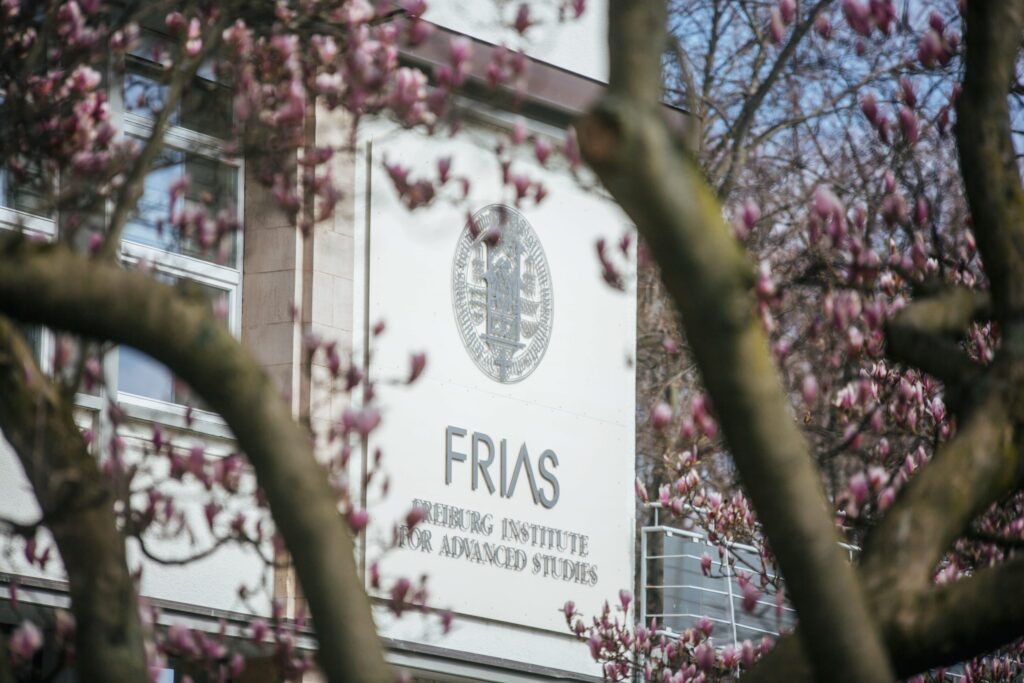
Research Group Transformational Sustainability Science
The University of Freiburg has created the research group Transformational Sustainability Science in collaboration with the newly established Humboldt Professorship for Sustainable Food Systems. The group is currently being set up under the leadership of Dr. Katja Brundiers (co-leader) and Prof. Dr. Arnim Wiek (co-leader), with doctoral students Alex Ramey and Susila Bhagavathula. The group aims to further develop transformative sustainability science in teaching and research at the University of Freiburg. To this end, it develops methodological foundations and engages in empirical research, particularly in the areas of the food economy and disasters (with a focus on heat). This is achieved through close co-operation with research institutions on sustainability at the University of Freiburg, in Germany, the USA and worldwide.
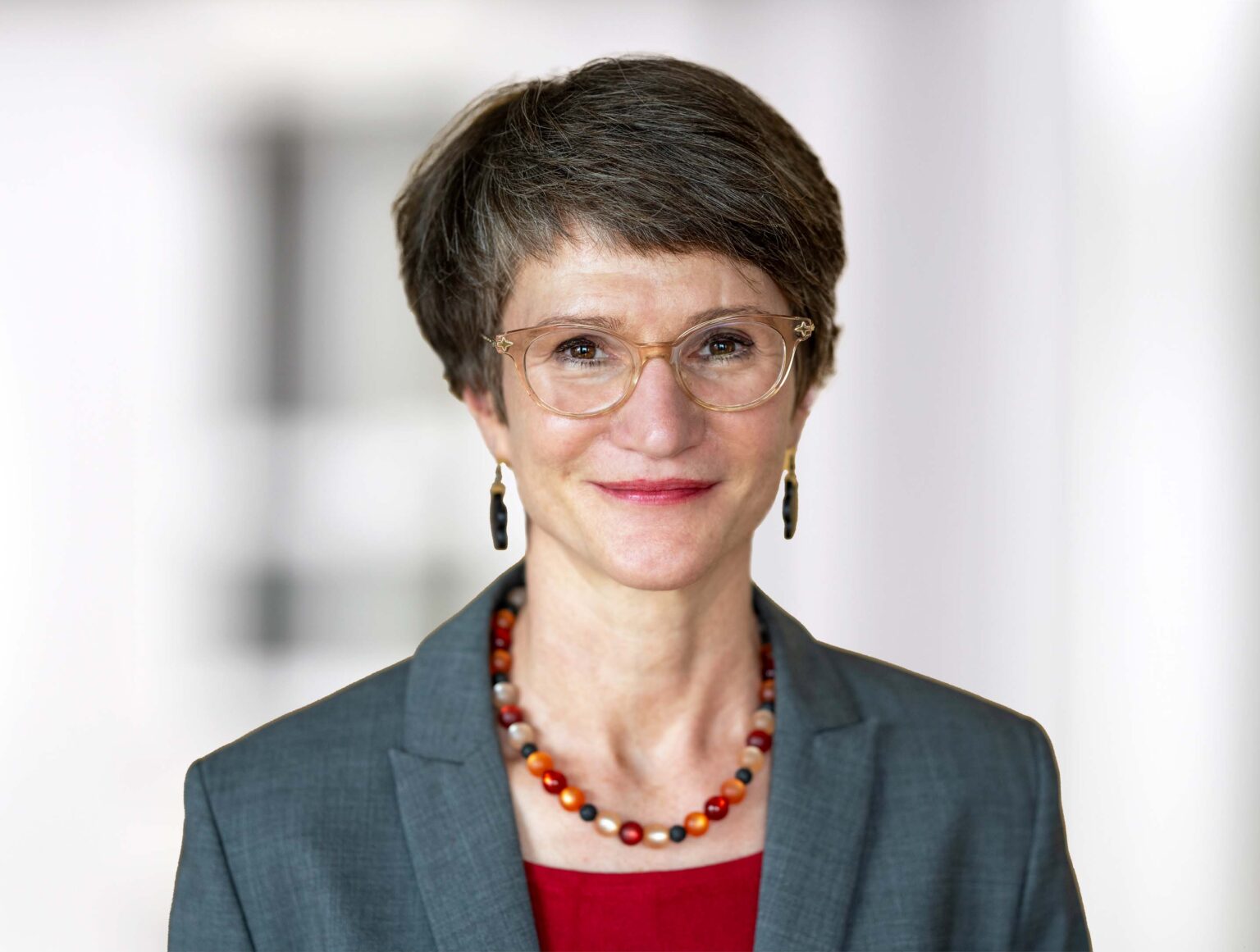
“The research group Transformational Sustainability Science works in a transdisciplinary way, i.e. in cooperation with practitioners, on sustainability solutions, i.e. concrete technical, behavioural, political and economic approaches to complex problems from local to global level, such as climate change, resource overuse and public health impairments. Sustainability science investigates such solutions using scientific and experimental methods to advance not only practical results but also theories, such as theories on innovation, transformation and resilience. We would like to make these tools of sustainability science accessible to numerous researchers and students.”
Dr. Katja Brundiers
Co-Head of the research group Transformational Sustainability Science
Joint Research Projects with a Sustainability Focus
Cluster of Excellence livMatS: Materials Systems Inspired by Nature
The Cluster of Excellence Living, Adaptive and Energy-autonomous Materials Systems (livMatS) combines the best of two worlds: nature and technology. livMatS develops lifelike materials systems inspired by nature. The systems adapt autonomously to environmental conditions, produce clean energy from their environment, and are insensitive to damage or compensate for it independently. livMatS also investigates the effects of such innovations on society. The cluster includes researchers from the natural sciences, engineering, social sciences, and humanities.
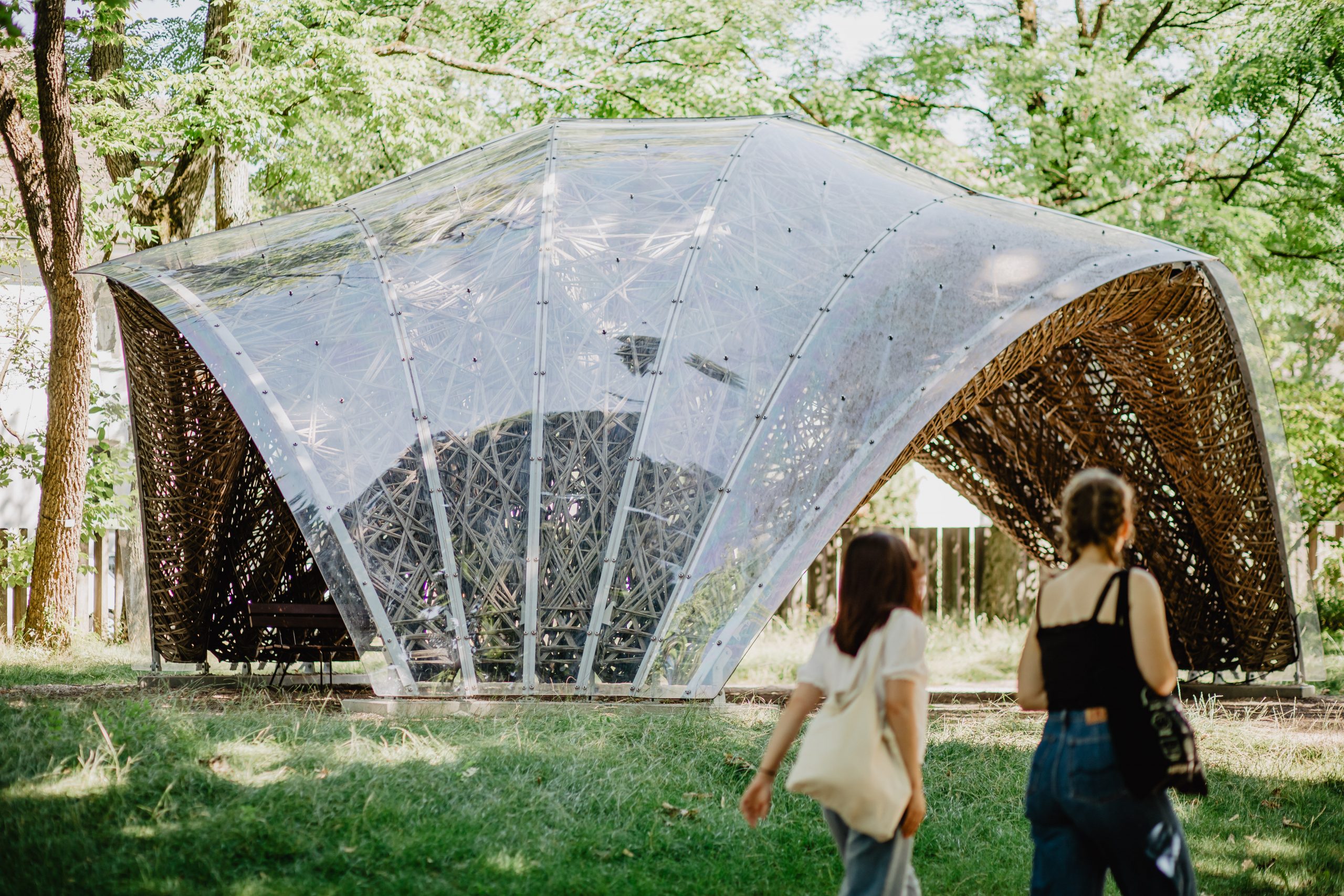
Cluster of Excellence CIBSS: Deciphering the Language of Life
The Centre for Integrative Biological Signalling Studies (CIBSS) is devoted to signaling research and thus to understanding the language that governs multicellular life in humans, animals, and plants. The goal of CIBSS is to develop innovations for global challenges in biomedicine and plant research.
CIBSS scientists investigate questions like how crop plants can be made more resistant to flooding or how crop plants can supply themselves with their own nutrients to reduce the need for fertilizers, thus making agriculture more sustainable.
Collaborative Research Center ECOSENSE: Forest Ecosystems and Climate Change
The Collaborative Research Center ECOSENSE (SFB 1537) studies the consequences of climate change on forest ecosystems in order to identify and predict critical changes quicker and with greater precision.
The team at the center includes Freiburg researchers from six professorships at the Faculty of Environment and Natural Resources and six laboratories at the Department of Microsystems Engineering (IMTEK) and the Department of Sustainable Systems Engineering (INATECH).
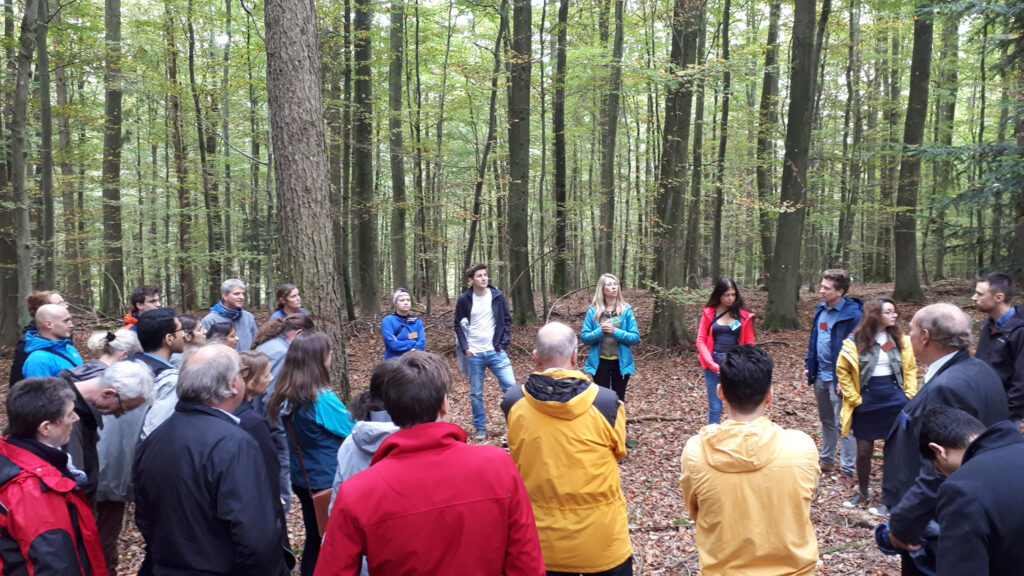
Research Training Group ConFoBi: Forest Biodiversity
The research training group Conservation of Forest Biodiversity in Multiple-Use Landscapes of Central Europe (ConFoBi), which receives funding from the German Research Foundation (DFG) over the period 2016–2025, combines ecological studies on forest biodiversity with social and economic studies on biodiversity conservation.
Spotlight: Faculty of Environment and Natural Resources
The Faculty of Environment and Natural Resources is unique in the German research landscape: The innovative combination of forest, earth, and environmental natural sciences, environmental social sciences, and geography creates a range and strength of personnel not found at any other institution.
The Faculty’s scientific interest is focussed both on processes within environmental systems and on the interactions between the environment, humans and society, particularly with regard to global change. Fundamental scientific processes are analysed as well as social, political and economic structures and changes.
